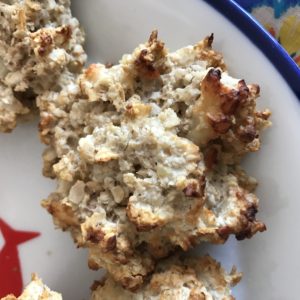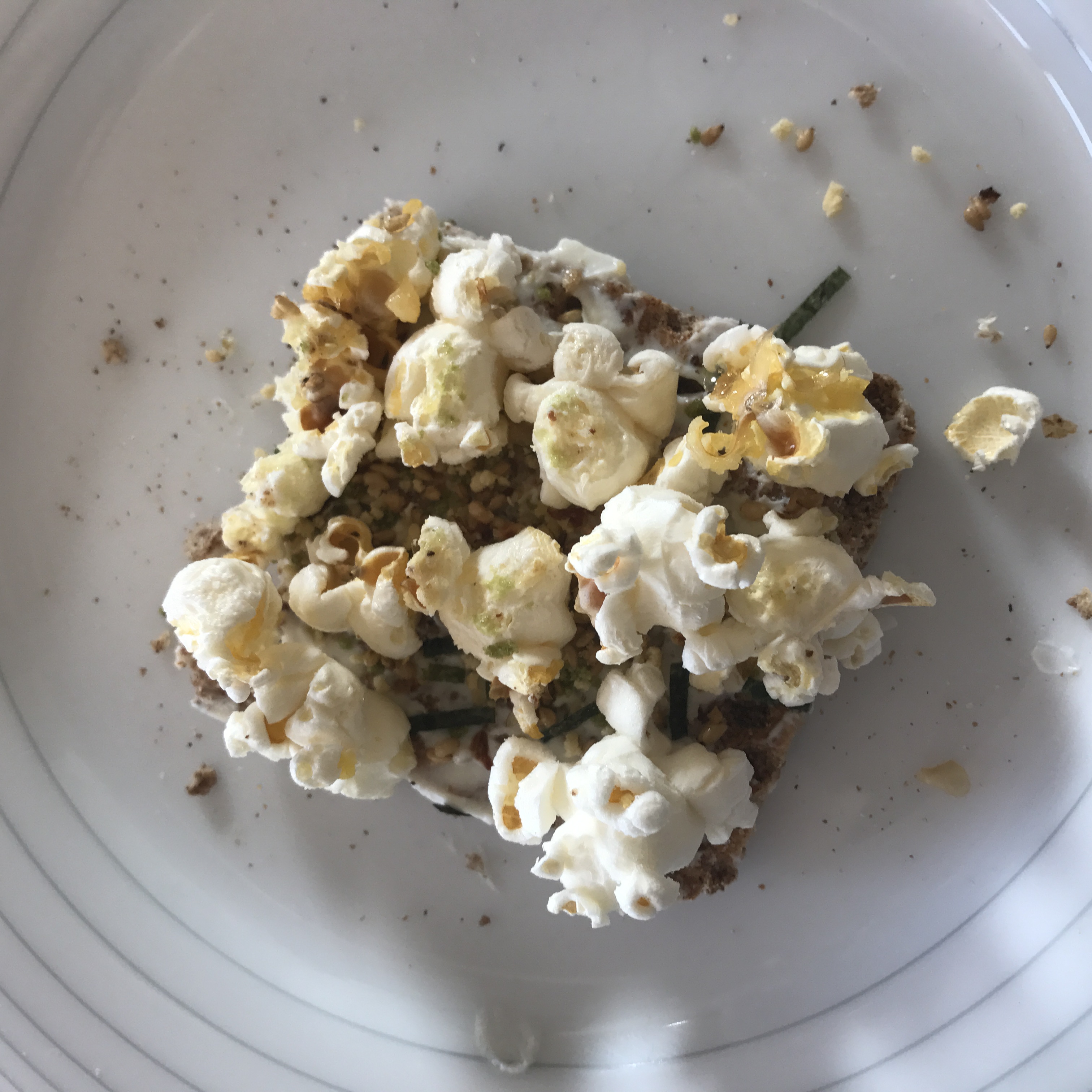Whole grains are cereal grains which contain all three parts: the inner germ, middle endosperm and outer bran. The outer bran is what makes a whole grain special with the added health benefits – its fibrous texture provide plenty of dietary fibre, B vitamins and minerals such as iron and calcium. Refined grains are those with the outer bran and inner germ removed, during the milling process.
What are the benefits of whole grains?
Apart from providing some micronutrients – B vitamins and minerals, one of the best things about eating whole grains is that they contain an excellent source of fibre (meaning at least 6g per 100g food). Basing your meals on starchy whole grains are key to a varied diet and contributes to maintaining a healthy weight. This reduces the risk of certain chronic diseases such as heart disease, Type 2 Diabetes and some cancers such as that of the bowel.
What are some examples of whole grains?
- Barley (not pearled)
- Oats
- Brown and wild rice
- Maize
- Whole wheat
- Rye
- Other grains, e.g. buckwheat, quinoa and some ancient grains (which has gone through little selective breeding) such as teff, millet, amaranth
How much should we be eating?
As much as possible! There’s currently no recommendation on how much whole grains we should be having, but choose whole grain options as much as possible when selecting starchy cereals and other grains. There is a recommendation for fibre – at least 30g a day, most of us are not eating enough so aim to have more. There’s advice that very young children (under 2 years of age) should not be having too much fibre but this is rarely seen in practice. The British Dietetics Association has put together a useful fact sheet which you can find out more here.
Popcorn sandwich
Did you know? Popcorn is a whole grain and is extremely cheap and versatile if you decide to pop corn kernals at home – either over some hot oil over the stove or in the microwave. It’s our household favourite at various times of the day. Audrey suggested a popcorn sandwich with these Ryvita crispbread with soft cheese, an unusual way to add some bulk and fun to your breakfast or midday snack! It’s rich in fibre too!
Take:
1 dollop of cream cheese
2 Ryvita rye crisp breads
3 thin slices of cucumber
1 handful of pop corn
Make:
Spread cream cheese on crisp breads, sandwich cucumber slices and pop corn in between.
Serve:
One adult portion. It needs to be eaten quickly as the pop corn gets soggy with the moisture from the cucumber slices and cheese. We added some sprinkles of shredded seaweed for that added umami kick!

Nutrition:
Per 100g: Energy 205kcal 861kJ | Fat 5.1g of which saturates 2.6g | Carbohydrate 26.2g of which sugars 2.4g | Fibre 6.4g | Protein 7.4g | Salt 0.6g
Per portion (60g): Energy 123kcal 516kJ | Fat 3g of which saturates 1.6g | Carbohydrate 15.7g of which sugars 1.5g | Fibre 3.9g | Protein 4.4g | Salt 0.4g
Cheesy oat cookies [newly added]
Porridge oats are a godsend, providing beta-glucan to help reduce blood cholesterol, it is also very versatile to be used in various recipes for bulk and a fibrous texture.
Following the First Steps conference I attended yesterday, I adapted Helen’s famous cookies from the packed lunch book, found on Page 45. These took barely any time to make, and I’d recommend these for meal or snack occasions!
Take:
5 tablespoons of oats
1 tablespoon of oil
30g grated cheese
Make:
Preheat oven at 180’C. Mix all the ingredients together. For extra flavour, add a twist of black pepper or 1/2 spoon of mustard powder. Spoon mixture and press down to shape. Bake for 15 minutes until golden.
Serve:
Four small cakes. We had it for breakfast, but these will be excellent as an accompaniment to any warm or cold meal. Why not use feta cheese with chopped apricots?
Nutrition:
Per 100g: Energy 266kcal 1110kJ | Fat 14.8g of which saturates 4.8g | Carbohydrate 22.4g of which sugars 3.5g | Fibre 2.3g | Protein 9.6g | Salt 0.3g
Per portion (43g): Energy 114kcal 477kJ | Fat 6.4g of which saturates 2.1g | Carbohydrate 9.6g of which sugars 1.5g | Fibre 1g | Protein 4.1g | Salt 0.1g

